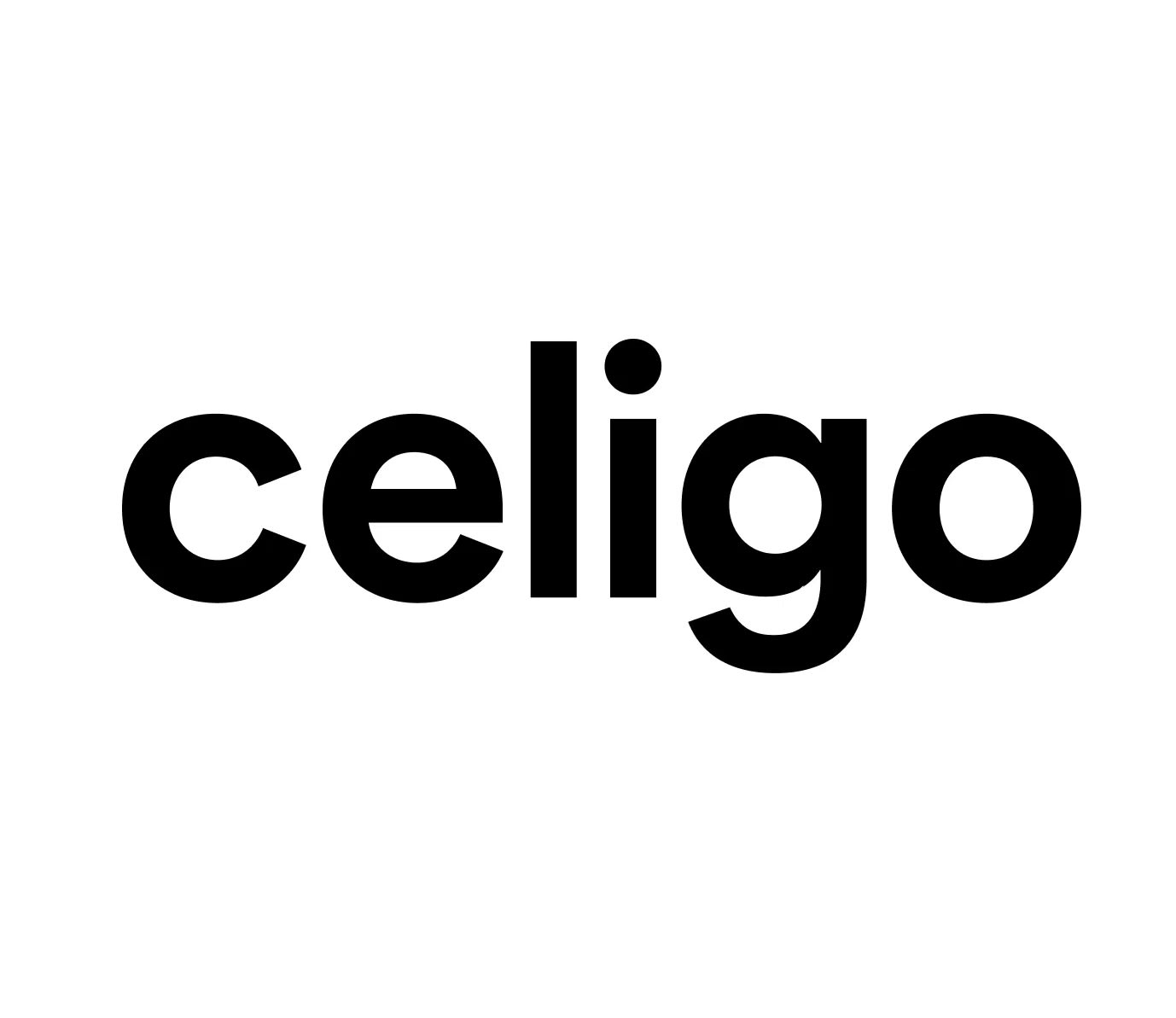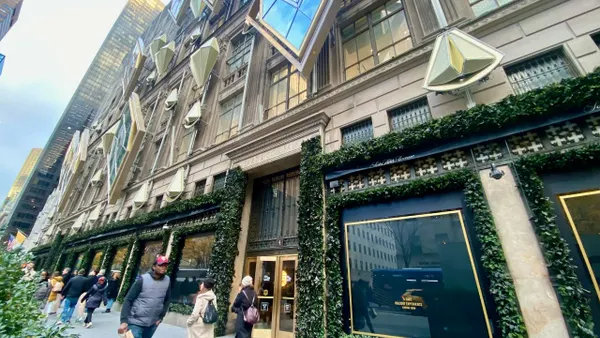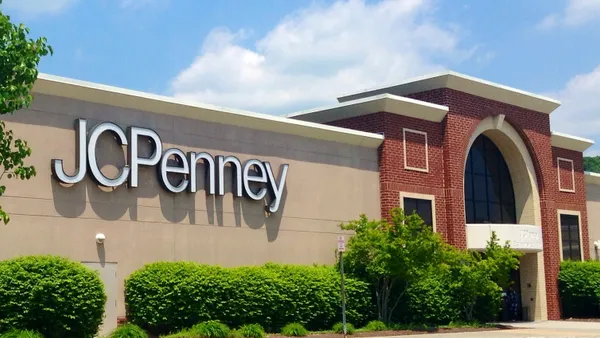Dive Brief:
-
Gamestop on Tuesday said that company veteran Michael Mauler has been appointed the company's new chief executive officer and to its board, effective immediately.
-
Since 2010, Mauler has served as executive vice president and president of the company's international operations, including 2,000 retail stores operating under the GameStop, EB Games, Micromania and Zing Pop Culture banners, according to a press release. In that role he launched new international initiatives including the global collectibles business in 2014. He was also previously senior vice president of supply chain and international support, and before the merger between GameStop and EB Games, served as vice president of logistics for electronics boutique.
-
GameStop co-founder and chairman of the board Daniel A. DeMatteo, who from 2008 to 2010 also served as the company's CEO and from 1996 to 2008 was COO, has been serving as interim CEO since November, while CEO J. Paul Raines underwent treatment for a previously undisclosed illness. Gaines officially stepped down earlier this week.
Dive Insight:
It's no surprise that GameStop, forced to let go of its chief executive under such unfortunate circumstances, would draw his successor from its own ranks — the company, at least on the surface, has no real reason to switch up its strategy. Once a stalwart brick-and-mortar video game emporium, the retailer has managed to diversify its business despite the growth of digital distribution and streaming, including by launching a collectibles business under Mauler's guidance and opening mobile-focused Technology Brands stores.
"Mike has been part of the GameStop senior leadership team for many years, where he has played an integral role in creating and driving the blueprint of our diversification strategy, successfully managing our international operations, and growing our core business segments," DeMatteo said in a statement. "We are fortunate to have such an accomplished leader, who has a thorough understanding of our operations, business strategy and our stakeholders, and is committed to strengthening our results and driving our company forward."
Total global sales for the holiday period rose 10.6% year over year to $2.77 billion, and same-store sales rose 11.8%, growing 13.7% in the U.S. and 7.9% internationally. Worldwide omnichannel sales increased 21.5%.
Analysts have widely differing views on the gaming retailer, though, which may have less opportunity to diversify after achieving good results from low-hanging fruit. The company said that new hardware sales at the holidays rose 38.3%, driven by continued strong demand for the Nintendo Switch and the launch of Microsoft's Xbox One X, a lower-margin business than games. Collectibles sales rose 19.4% to $211.3 million, driven by strong performance across apparel and toys.
But mobile hardware sales missed expectations. Its Technology Brands sales, which weren't included in its same-store sales numbers, fell 18.6%, driven by limited availability of the iPhone X and changes made by AT&T to the compensation structure in 2017. That led the company in January to warn that it expects to record non-cash impairment charges of $350 million to $400 million, primarily related to its Technology Brands business.
Last March GameStop said it would close between 2% to 3% of its global store footprint, at least 150 stores. At that time, the company said it also anticipates opening 35 new Collectibles stores and 65 Technology Brand stores globally.














